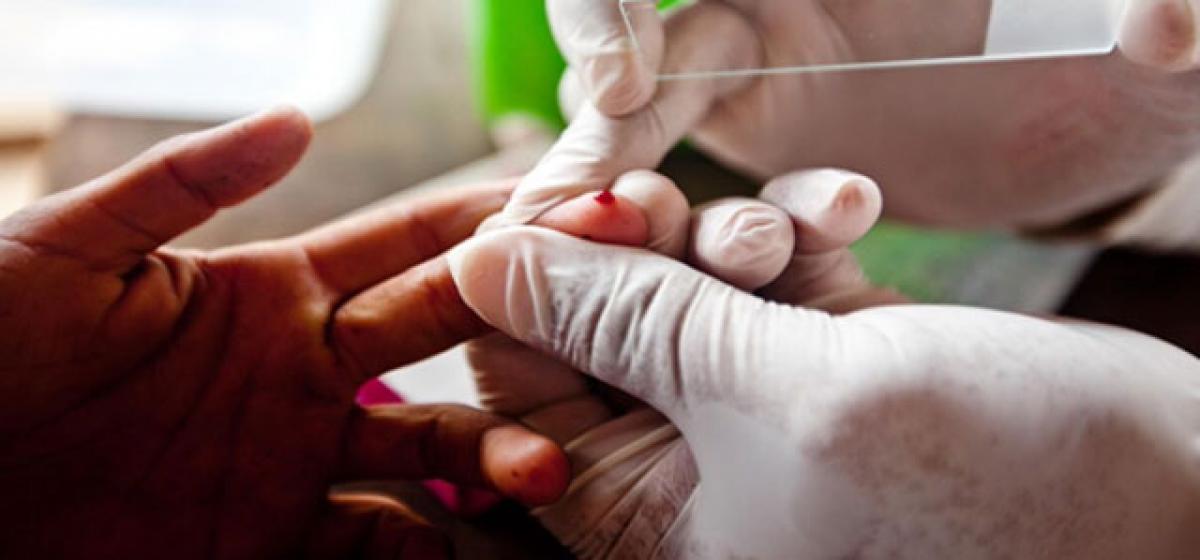Live
- Bengal Assembly: BJP stages walkout after MLA's microphone 'disconnected'
- AP Mega DSC Syllabus Released Ahead of issuance of Notification
- Exciting Future Space Missions by ISRO: Venus, Moon, Mars, Human Spaceflight, and More
- Space Station Safety Alert: Toxic Smell Detected After Russian Cargo Docking
- Protests in Tripura against Hindu priest's arrest in Bangladesh
- Sambhal miscreants being identified through CCTV, will face strict action: UP Minister
- Sambhal violence: Police release photos of rioters including three women
- AI-Enhanced HR Co-Pilot Max Sara 2.0 Rolled Out
- Hyderabad SBI Branch Prevents Senior Citizen from Falling Victim to Rs 13 Lakh Scam
- Maharashtra CM Post: Eknath Shinde's Plan B









